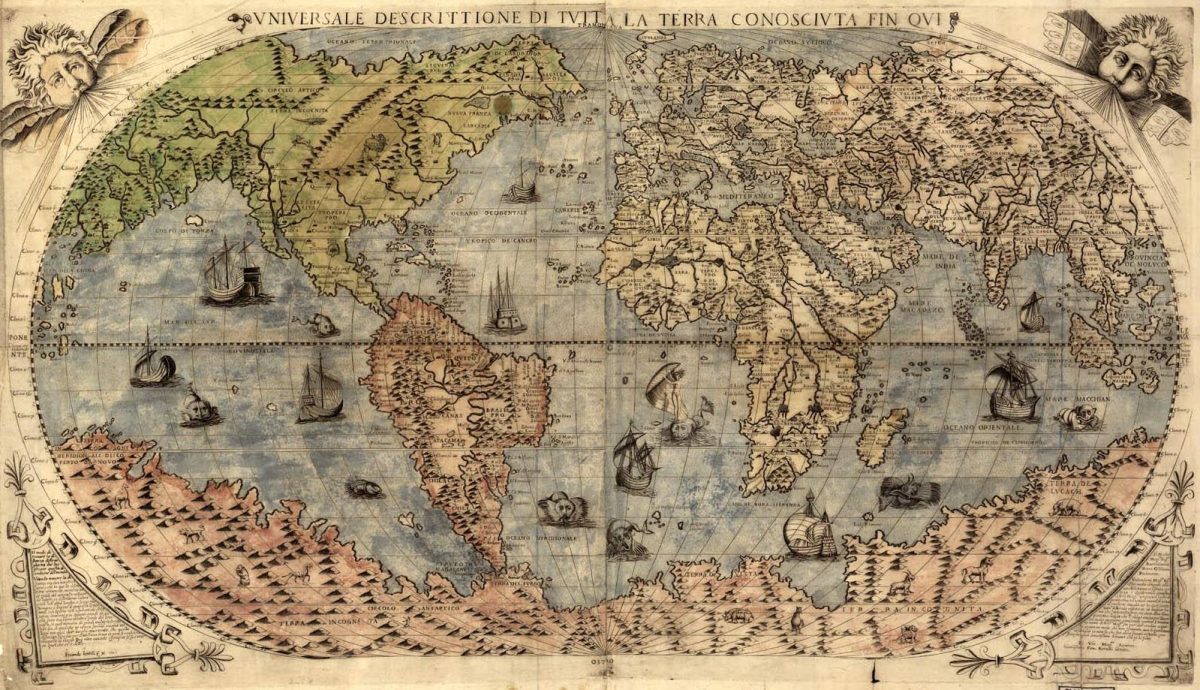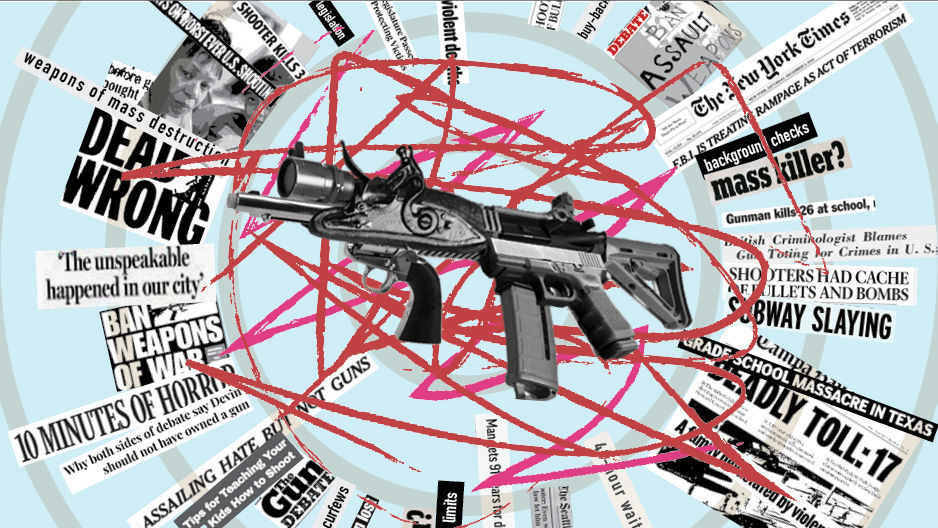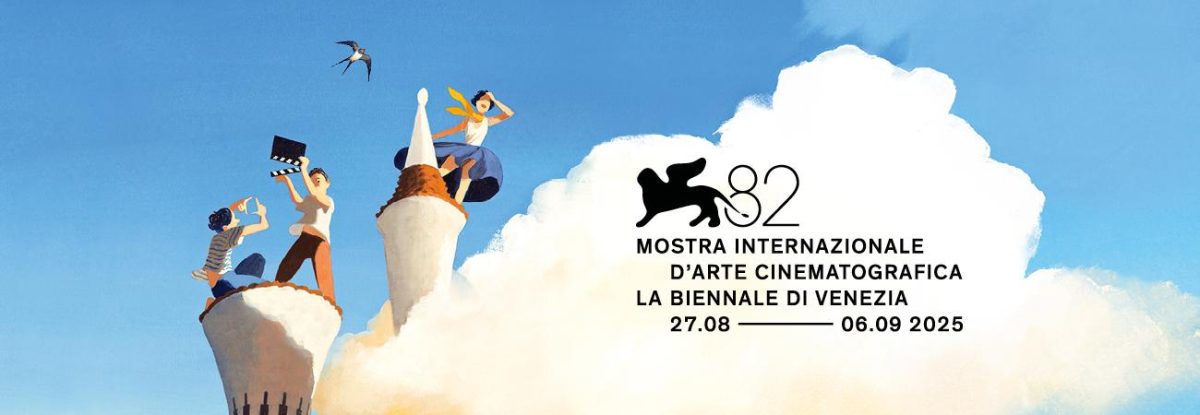Order. As humans, we tend to forget how much we value simplicity, whether it be in our routines or our free time. Having everything laid out for us tends to be beneficial. But when I look at how we treat certain fields, it tends to be a double-edged sword, and History is a prime example of this phenomenon.
In all the History classes I’ve ever sat in, it would be the same routine. Walk in, sit, listen to a presentation for at least half the class, and do some assignment for the remainder. Is this bad? No. However, my gripe is with how it’s condensed. Linearity is always present in how we teach History, a straight line of events, all going forward. But if there’s anything I’ve learned, it’s that things are never simple.
A prime example of this is when World War II comes up in classes; in all the classes I have been in, it’s been the same formula- Germany invades, Europe is conquered, D-Day happens, and atomic bombs make the war end. I understand that as a teacher, the state mandates the topics you teach, but the fact that it’s always only the “notable” or “significant” stuff makes me somewhat displeased. By following the formula I mentioned with the World War II example, you’re leaving out the North African/Mediterranean, Atlantic, and Pacific Campaigns. The whole point of a “World War” is that it is a global conflict, not only a European conflict.
Framing History as a series of small events is counterproductive to what History is, a study of all past events. Cherry-picking with the story of humanity leaves said story incomplete, and thus, makes it hard to clearly see the big picture.
Additionally, in recent years, more and more people have been using movies and clips of movies to show historical events. “What’s the problem?”, you may ask. Well, the problem is that they’re movies. Although they are good at setting the mood of the events, they are often riddled with inaccuracies. Essentially, sacrificing authenticity for convenience.
My problems with all this lie not with the people doing their jobs; I deeply respect them all, their passion, and the insight they bring. My problem is with oversimplification as a whole. In his book “The Muqaddimah”, which is in itself a pioneering book in Historiography, legendary Historian Ibn Khaldun said, “The knowledge that has not come down to us is larger than the knowledge that has.” So, if you are looking for a more thorough view of History, the only advice I have for you is the same that I have followed all these years- learn for yourself.
Knowledge is one of the greatest things you can obtain in life, and seeking it yourself brings a feeling like no other. So to all reading this, go out and make your own discoveries.










Zaineb Fawzi • Sep 19, 2025 at 11:01 am
Great article Adam! You make a lot of very interesting points, and I can definitely see how oversimplification can harm our understanding of complex matters.